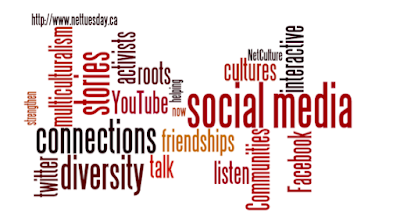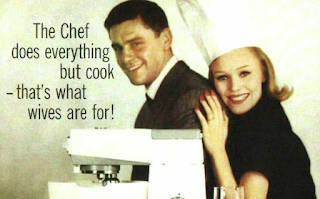Media Text inquiry--> Second WT Introductions
1. Which social groups are marginalised, excluded, or silenced within the text? https://www.nytimes.com/2018/11/20/magazine/palm-oil-borneo-climate-catastrophe.html?action=click&module=Top%20Stories&pgtype=Homepage This news article "Palm oil was supposed to help save the plant. Instead it unleashed a catastrophe." published also published on the New York times is about how the use of vegetable oil, specifically palm oil in bio fuels is leading to industrial scale deforestation and a huge spike in carbon emissions in the air. There is use of diction in the tittle to grab the audience's attention to the issue of the article, as well as a strong tone is portrayed to so the negative impact of the vegetable oils on the environment around industrial areas and how that can further affect the whole planet. The article is simply marginalising how palm oil is ruining the environment and increasing carbon emissions leading to explosions which also is ruining homes for...


